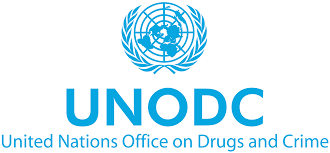
“Although it is sometimes hard to generate support for investments in prevention due to the expense, and the difficulties in showing results, it is increasingly understood by policymakers that prevention is truly better than the cure,” said Mr. Fedotov.
The UNODC Chief was speaking about UNODC’s work at the Seventh St. Petersburg International Law Forum to an audience of high-level delegates, including justice ministers from a number of countries.
Mr. Fedotov outlined three other areas linked to prevention that were essential in tackling drugs, crime, corruption and terrorism. He said investment in education promoted civic participation, especially among young people.
“Education is part of UNODC’s efforts through such activities as the Doha Declaration global programme on promoting a culture of lawfulness. Using the Education for Justice initiative under this programme we are instilling respect for the rule of law among children and young people,” he said.
On institutions, Mr. Fedotov noted: “We ignore building and strengthening institutions at our peril.” Weak institutions and an absence of the rule of law promote conflict and insecurity. These were also push factors, he said, for mass migration, loss of life and expansion of illicit economies.
The final related area was cooperation. “We need to invest more in each other, and to strengthen international cooperation,” said Mr. Fedotov
He ended his discussion with a call to action: “As with muscles in the human body, we run the risk of atrophy if we do not use what we have. We need to continue strengthening trust and cooperation between states, based on agreed instruments and shared standards and norms.”
The St. Petersburg International Legal Forum was first held in 2011. Hosted by the Russian Federation, it brings together international and local lawyers, government officials, and experts in law and international relations to discuss trends and developments in jurisprudence.
